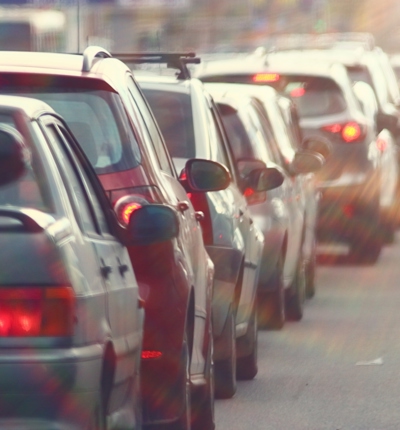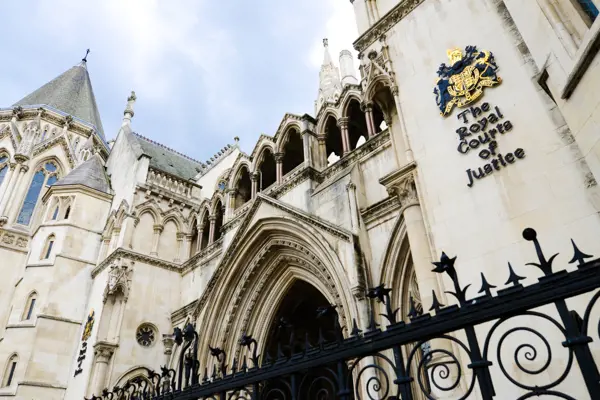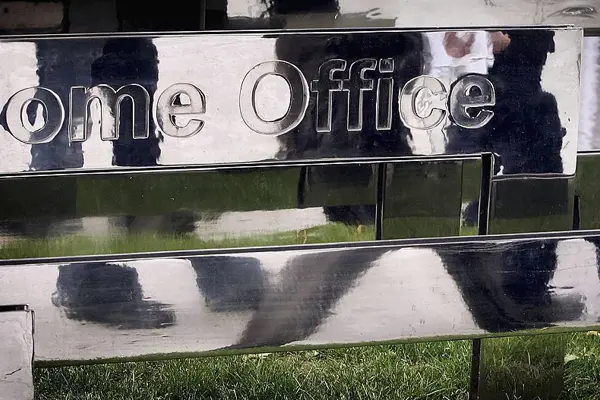
Dieselgate – back to haunt the manufacturers
Following recent news of charges against vehicle manufacturers in France regarding the emissions scandal, Benjamin Croft, discusses the recent developments on the continent.
Posted on 16 June 2021
The recent developments arise from the ‘dieselgate’ scandal which was uncovered in 2015. It was alleged that certain Volkswagen diesel vehicles were fitted with a device which was able to ‘cheat’ emissions tests. This resulted in the vehicles passing the tests which are designed to ensure the amount of NOx gasses produced by vehicles are limited. However, due to the ‘cheat’ device these vehicles would be pumping out much higher levels of NOx when not under test conditions.
Since then, authorities in a number of countries have investigated the allegations against Volkswagen, with varying degrees of progress. Individual VW customers have also begun legal action for compensation including in the UK, where Leigh Day are representing thousands of drivers.
In light of the initial scandal involving VW it has become apparent that many other manufacturers have been using the defeat devices to cheat emissions tests and in France the authorities seem to be making some progress in holding manufacturers to account.
First, on 17 December last year the Court of Justice of the European Union (CJEU) handed down a judgment following a request for a ruling from the Paris criminal court in respect of criminal proceedings against company X – a ‘manufacturer that markets motor vehicles in France’. In that judgment the CJEU found that the use of defeat devices such as so-called “thermal windows” cannot be justified by the argument that they “contribute to preventing the ageing of clogging up of the engine”.
Then on 6 May, the CJEU handed down a further judgment in respect of three unnamed vehicle manufacturers marketing motor vehicles in France, and subject to judicial investigations commenced in 2017 on charges of aggravated deception. The CJEU confirmed its earlier judgment regarding the lawfulness of defeat devices including thermal windows.
On 10 June 2021 the Advocate General to the Court of Justice of the EU in Luxembourg handed down an opinion of the Ville de Paris v Commission litigation which confirmed an earlier judgment of the CJEU’s general court that the European Commission had acted unlawfully when it permitted higher NOx emissions during real driving, than during testing.
Although, the December 2020 and May 2021 judgments of the CJEU had anonymised the manufacturers in question, subsequent events in France have thrown more light on these developments.
First, on 8 June, it was reported by Bloomberg that a French court had charged the VW and Renault with deception.
Then on 10 June, it was reported by Reuters that Peugeot had been charged with consumer fraud, and had been ordered to provide 30 million euros in guarantees for potential pay-outs. French prosecutors investigating Peugeot and Renault had found that the vehicles produced on-the-road NOX emissions at more than 10 times the regulatory limits for some models.
The Paris Court also ordered Citroen and Fiat to appear in court over the coming weeks as part of the same investigation.
The dizzying pace of regulatory and legal action on the continent is in stark contrast to that in the sleepy regulatory backwaters of post-Brexit UK.
Given that the VW, Peugeot, Renault, Fiat and other vehicles which are at the heart of these advances in France and elsewhere, are on the roads here, it also begs the question: when will the manufacturers finally account to UK consumers for their actions?


